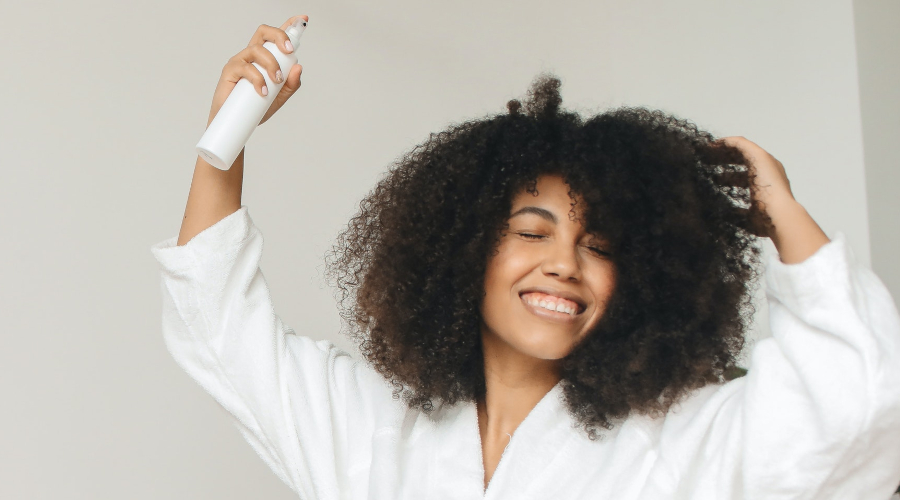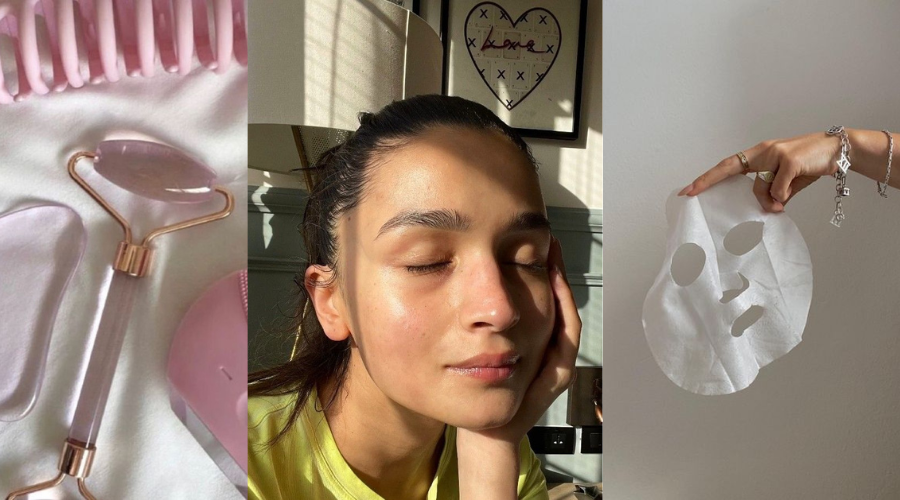Scalp issues in the winter season can range from scalp dryness, flakiness, irritation and itching. Conditions like dandruff, psoriasis or seborrheic dermatitis can aggravate during winters as well. The sebaceous glands in the scalp are less active, leading to less natural oil (sebum) production, causing brittle tresses with split ends. Fortunately, a good hair care routine and the right products can take care of your scalp during harsh conditions; here’s what experts have to say.
According to Dr Shuba Dharmana, Celebrity Cosmetic Dermatologist, Hair Transplant Surgeon and the founder of LeJeune Medspa, “As temperatures and humidity levels drop, the lack of hydration disrupts scalp’s outer skin layers. It becomes dry, itchy, and irritated. Additionally, greasy hair and scalp in the winter are often caused due to reduced hair washes, woollen hats and beanies, and hot micro-environments at home such as room heaters. Dandruff can get aggravated in the greasy condition as the sebum accumulation favours the growth of the fungus Malassezia that causes the itchy flaky dandruff.”
It is crucial to update your hair care routine during the winter season. According to Dr T.N. Rekha, Senior Consultant Dermatologist and the Training Head at Oliva Skin & Hair Clinic, “Scalp and hair can behave differently in different seasons. Because of the cold and dry weather in winters, hair and scalp tend to get dry and rough in texture. So one needs to switch over to milder shampoos, and the use of good conditioners are recommended. Leave on conditioners can also help.”
How to Maintain Healthy Scalp In Winter
The epidermal skin barrier of your scalp defends against toxins and microorganisms. It is made up of natural fats that help retain moisture. Dehydration caused by cold conditions can lead to damage to the barrier. Some of the expert tips for maintaining it are –
1. Use mild, detergent-free and formaldehyde-free shampoos that do not lather too much. Foamy shampoos can dry out the scalp.
2. Use coconut-based hair oils; they act as a layer to protect scalp building blocks from leaching out and maintain the barrier. It also helps improve circulation, strengthen internal lipid structure and hence helps fight other aggressors like hot air (blow drying), chemicals, dye, brushing etc. But make sure to avoid overnight oiling, especially ones who suffer from seborrheic dermatitis of the scalp
3. Avoid using extreme temperature settings on home appliances like heaters or showerheads.
4. Exfoliate regularly and moisturise to remove excess dead skin build-up on your scalp. Make sure to use gentle scalp scrubs that will not irritate an already sensitive scalp.
5. Reduce or avoid heat styling. A very light layer of coconut-based hair oil can be used to protect hair from heat styling.
6. Avoid colouring and other chemical treatments during winter months; they can make hair more brittle and drier. Instead, opt for leave-in conditioners and serums to maintain scalp and hair health.
7. Deep condition once weekly; it will prevent dryness. A good tip to avoid scalp dryness is to use hair scarfs, especially on windy days.
5 Winter Hair Care Mistakes To Avoid
1. Avoid undergoing hair colouring, bleaching, perming, straightening, heat styling as much as you can during winters.
2. Do not let dry scalp go unchecked; it can cause scalp irritation, hair loss and worsen of eczema, psoriasis etc.
3. Do not go days without washing your hair due to fear of catching a cold, cough, etc. The dead skin and dirt accumulated on the scalp can cause an increase in the flakiness of the scalp. It is recommended to wash your scalp at least twice weekly.
4. Do not step out in the cold in wet hair. While blow-drying, use the lowest heat setting and dry for a lesser duration. If you have to heat-style, limit to a quick and short contact time when using the straightener or tongs. Also, always use a heat protectant spray before heat styling.
5. Avoid shampoos with excessive fragrance if you have a sensitive scalp. If you have to, choose essential oils infused products, they also add moisture to the scalp. Look for ingredients like niacin and caffeine to re-energise your scalp every time you wash it.
How To Supplement Your Diet For Scalp Health
Eating healthy and junk-free food can help boost your scalp health as well. Avoid sugar, fried food, excess alcohol, and smoking to keep your scalp stress-free. Some expert tips to supplement your diet this winter are –
1. Eat antioxidant-rich food by including bright coloured vegetables and fruit in your diet.
2. Include a healthy intake of protein with every meal.
3. Incorporate healthy fats and vitamins in a well-balanced diet3
4. Include calcium and iron-rich food for hair growth.
5. Focus on good hydration, a diet rich in iron, vitamin B12, zinc, selenium etc.
ELLE Recommends –

















